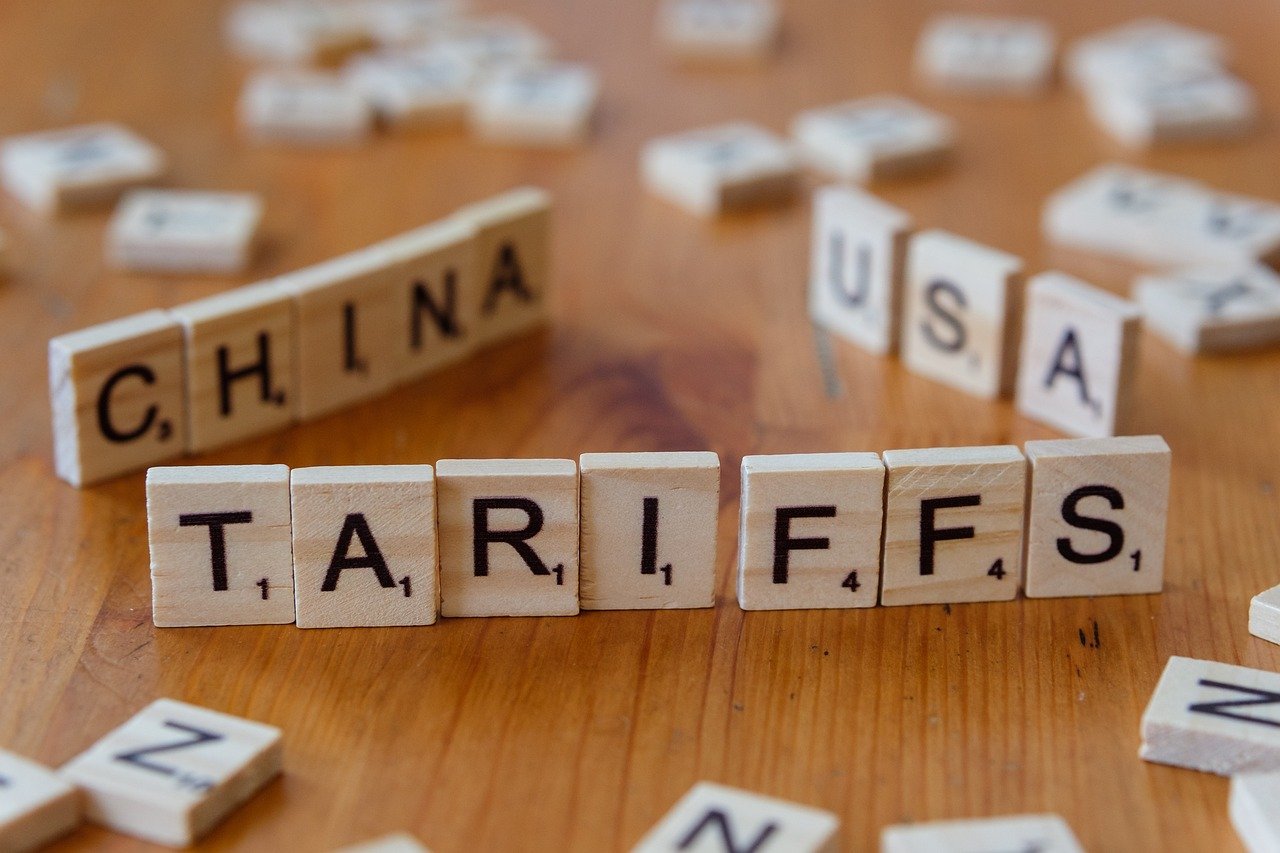Strategic US Tariff Mitigation Tips for African Export Businesses
The imposition of U.S. tariffs can significantly impact African exporters seeking to enter or expand in the American market. From raw materials to finished goods, additional duties can reduce profit margins, affect pricing competitiveness, and even limit market access. Understanding US tariff mitigation strategies is crucial for African businesses looking to maintain a strong foothold in the U.S.
Understanding US Tariffs and Their Impact
Tariffs are taxes imposed on imported goods to protect domestic industries or generate revenue. For African exporters, tariffs on goods ranging from textiles to agricultural products can create financial and logistical challenges.
For instance, tariffs on steel or aluminum can increase production costs for companies exporting machinery or construction materials. Similarly, duty increases on consumer goods can make African-made products less price-competitive in U.S. markets.
Key Strategies for US Tariff Mitigation
Mitigating the impact of U.S. tariffs requires a combination of strategic planning, regulatory compliance, and leveraging trade agreements. Here are some practical approaches:
1. Leverage Trade Agreements
African exporters can benefit from trade agreements such as the African Growth and Opportunity Act (AGOA), which allows eligible products to enter the U.S. duty-free. Understanding AGOA eligibility, product classification, and compliance requirements is essential. Wigmore Trading can guide exporters through these processes to ensure seamless market entry.
2. Optimize Product Classification
Tariff rates vary depending on product classification under the Harmonized System (HS) codes. Misclassification can lead to higher duties or penalties. African exporters should carefully review HS codes to ensure accurate classification. Our team at Wigmore Trading can assist with proper documentation to reduce tariff exposure.
3. Use Tariff Engineering
Tariff engineering involves modifying products or packaging to meet specific tariff thresholds or classifications. For example, adjusting the composition of a product slightly could lower its duty rate under U.S. Customs law. While this requires careful planning, it can be an effective method to reduce costs legally.
4. Explore Customs Bonding and Duty Drawbacks
Customs bonding allows companies to defer duty payments until goods are sold, improving cash flow. Duty drawback programs, on the other hand, allow exporters to reclaim duties paid on re-exported goods. Utilizing these programs effectively can mitigate the financial impact of U.S. tariffs. Wigmore Trading can provide guidance on eligibility and application processes.
5. Diversify Supply Chains
Relying on a single supply route or supplier increases vulnerability to tariffs. African exporters should explore sourcing inputs locally or from other regions to minimize exposure. By diversifying the supply chain, businesses can maintain flexibility in pricing and delivery while mitigating tariff-related risks.
6. Engage in Strategic Pricing
Pricing strategies can offset the cost of tariffs without compromising competitiveness. This may involve absorbing a portion of the duty or passing some costs to the consumer strategically. Careful market analysis helps ensure that price adjustments do not negatively impact sales volumes.
7. Partner with Expert Logistics Providers
Efficient logistics and compliance management are critical in navigating tariff challenges. Partnering with experienced trading and logistics companies like Wigmore Trading ensures that African exporters meet U.S. import regulations while optimizing cost efficiency.
Practical Case: African Exporters of Textiles
Textile exporters in countries like Ghana or Nigeria often face tariffs on cotton and apparel imports. By leveraging AGOA benefits, optimizing HS classification, and implementing duty drawback strategies, exporters can reduce their tariff burden significantly. Wigmore Trading provides tailored support to identify eligible products, manage documentation, and coordinate shipment efficiently.
Conclusion
US tariffs are a tangible challenge for African exporters, but strategic planning, trade agreement utilization, and expert guidance can effectively mitigate their impact. From AGOA compliance to tariff engineering and logistics optimization, a proactive approach ensures that African businesses remain competitive in the U.S. market.
Wigmore Trading can help African exporters navigate tariffs, optimize compliance, and expand their market presence.
Contact Wigmore Trading today to streamline your sourcing and export strategy.








Comments are closed.